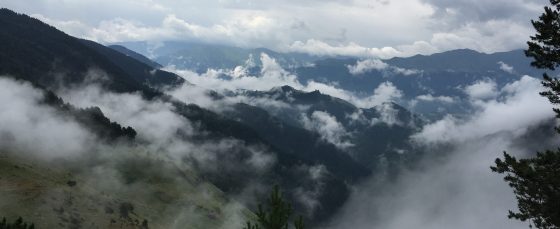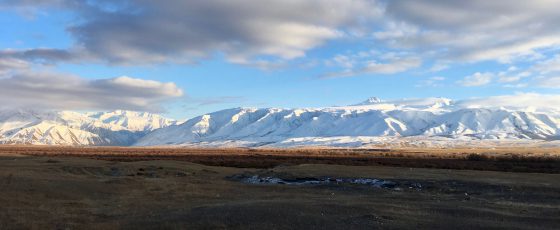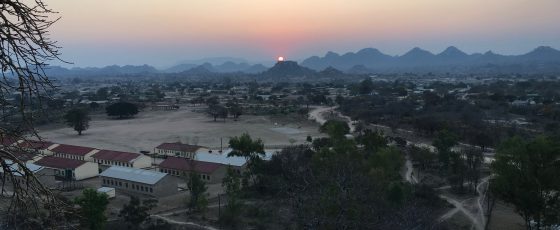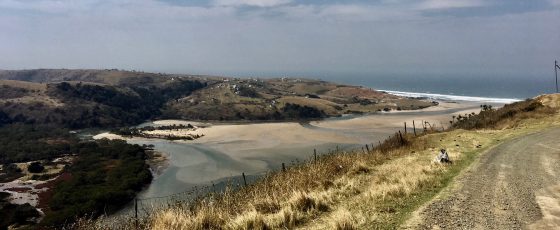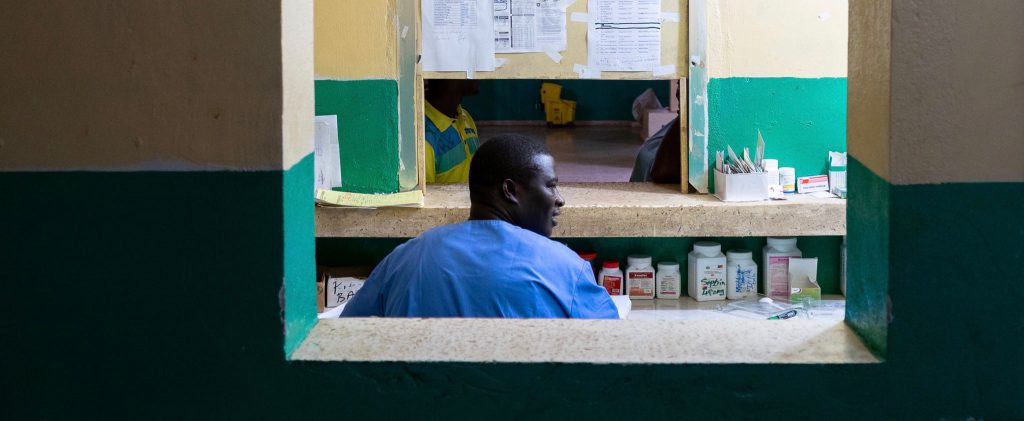
Deutsche Welle/World in Progress
Liberia was devastated by the Ebola epidemic that swept across West Africa in 2014-15. But more than four years after the end of the outbreak, the country’s health system is still struggling to get back on its feet. Many public hospitals are out of drugs, and some don’t even have basic essentials like surgical gloves.
Listen to the full report here!
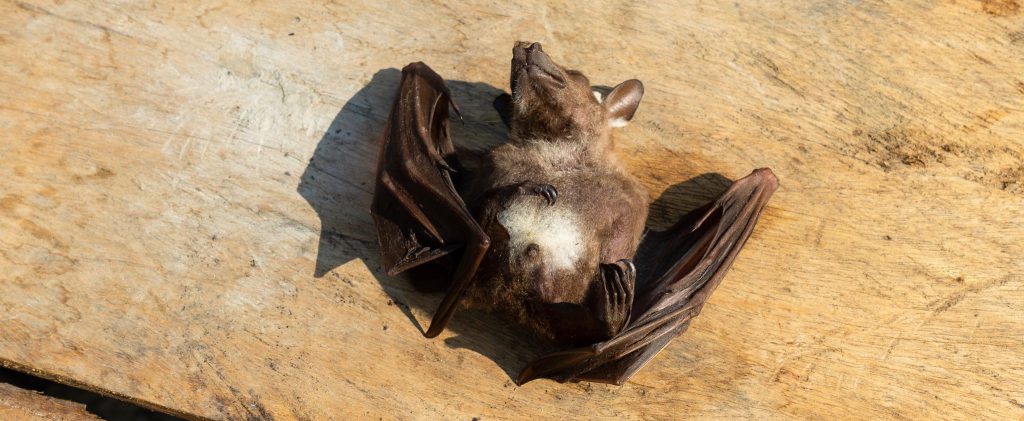
World in Progress/Deutsche Welle
In January, scientists announced that, for the first time, they had found a deadly strain of Ebola in a bat in Liberia. It’s a significant discovery that could shed light on how the virus infects humans. But in Liberia, where bushmeat is a major source of protein, it doesn’t appear to have weakened people’s appetites for bats. Laura Salm-Reifferscheidt reports from Gbarnga, Liberia.
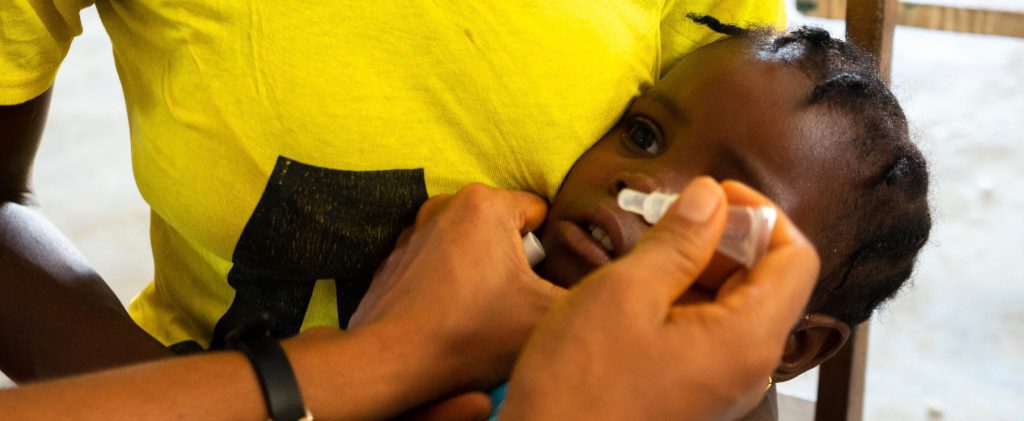
Learning by dying, sagen die Liberianer – was haben die Menschen gelernt aus der Ebola Epidemie vor 5 Jahren? Vor fünf Jahren begann sich das Ebola Virus rapide in Westafrika auszubreiten, mehr als 11000 Menschen starben, knapp die Hälfte davon in Liberia.
Die Epidemie zerstörte das Gesundheitssystem des Landes und konnte erst unter Kontrolle gebracht werden, als die internationale Gemeinschaft darin eine Gefahr für die ganze Welt erkannte und mehr als 3,5 Milliarden Euro zur Bekämpfung des Virus zur Verfügung stellte. Heute allerdings fühlt sich das Land von der internationalen Gemeinschaft vernachlässigt. Liberia steckt in einer Wirtschaftskrise. In den Krankenhäusern fehlen Medikamente und Strom. Nach wie vor konsumieren Liberianer so genanntes Buschfleisch, wie Affen, Nager oder Fledermäuse, die das Ebola Virus und auch neuartige Erreger in sich tragen können.
Doch die Erfahrungen, die Ärzte, Pfleger und Gesundheitsbeamten während der Epidemie sammelten, sie bilden ein einzigartiges, wertvolles Kapital: Learning by dying, sagte man damals in Liberia, lernen durch sterben.Was also hat die Welt gelernt vom großen Ebola Ausbruch vor fünf Jahren? Haben Überlebende gegen Stigmatisierung zu kämpfen und wären Ärzte und Pfleger heute besser gegen einen neuen Ausbruch vorbereitet? Was ist übrig geblieben von den Milliarden, die damals in das Land flossen? Unsere Reporter waren 2014 mehr als zwei Monate in Liberia. Nun kehrten sie dorthin zurück – während das Ebola Virus im Osten der Demokratischen Republik Kongo wieder neue Opfer forderte.
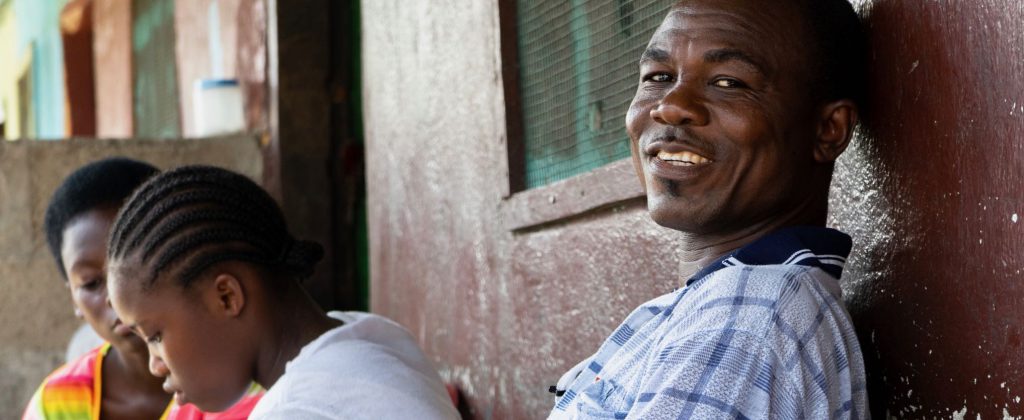
Stanley Juah lost his wife and four children when Ebola swept across his native Liberia in 2014. The virus ravaged West Africa, killing 11,000 people in the worst outbreak in history. Five years on, Stanley is trying to rebuild his life and start a new family.

The Lancet, World Report, VOLUME 393, ISSUE 10181, APRIL 20, 2019
Years after the west Africa Ebola virus epidemic, Liberia’s health system still carries the burden of the deadly outbreak. Laura Salm-Reifferscheidt reports from Gbarnga, Liberia.
Sex talk is taboo in the Johannesburg township of Soweto. Businesswoman Mmathabo Ndlovu says that silence and lack of awareness leads to an array of social and health problems. So, she’s opened the township’s first adult shop to get people talking.
Deutsche Welle Magazin “Weltzeit”, 1/2019
Wo das Internet nicht oder nur schwer zugänglich ist, sind Community Networks eine Lösung. Eine Gemeinde in Südafrika setzt dabei auf Eigeninitiative, ebenso wie entlegene Orte in Kirgisistan, Georgien oder Simbabwe.
World in Progress/Deutsche Welle
Bringing a remote mountain community online
Kyrgyzstan is a landlocked mountainous country with only a few sizeable cities. More than half of the population lives in rural areas with limited access to modern technologies such as the Internet. As a result, less than 40 percent of people there use the internet. Now a group of entrepreneurs has begun to change that by introducing WiFi connections to remote villages.
World in Progress/Deutsche Welle
Connecting schools in Zimbabwe
Having access to the internet is often taken for granted in countries like Germany. But around half of the world’s population is still offline — that’s around 4 billion people. Those living in remote places are especially disadvantaged. In rural Zimbabwe, three brothers are taking it into their own hands to bring their community online. This report was supported by the Internet Society.
World in Progress/Deutsche Welle
South Africa’s first village-owned ISP
The rural community of Mankosi lies on a remote stretch of South Africa’s eastern coast. Most homes don’t have electricity or access to modern technology. So to fill this gap, the villagers decided to launch their own internet service provider.
Laura Salm-Reifferscheidt’s reporting was supported by the Internet Society.
Listen to the full story here!
impressum


